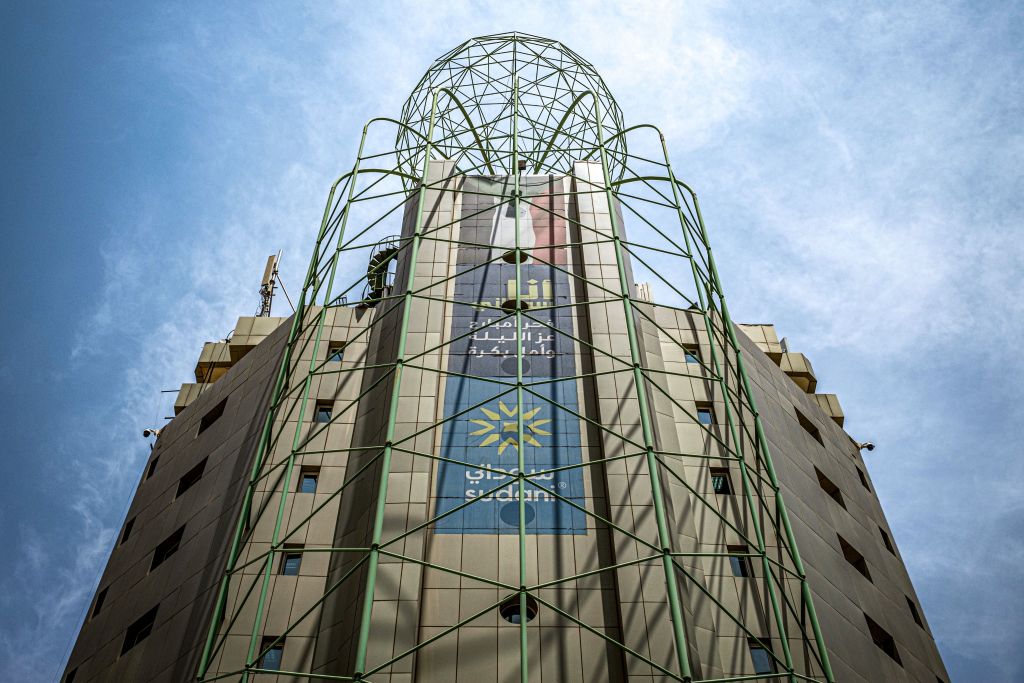ADF STAFF
Nearly a year before hostilities broke out between Sudan’s rival generals, a private jet touched down at an airfield in Khartoum.
Members of the Rapid Support Forces (RSF) met the plane during its brief visit. On board, according to reports, was a package of high-end surveillance technology known as Predator.
RSF members, led by Gen. Mohamed Hamdan “Hemedti” Dagalo, quickly ferried the package to their stronghold in Darfur before it could be intercepted by the Sudan Armed Forces (SAF), led by Hemedti’s rival, Gen. Abdel Fattah al-Burhan.
According to investigators at Lighthouse Reports, the surveillance technology has “the potential to tip the balance of power in Sudan thanks to its capacity to turn smartphones into audio-visual informants on their owners.”
Behind the explosions and gunfire that have shaken Sudan since fighting erupted April 15, rival generals al-Burhan and Hemedti have been waging another war for supremacy, this one in cyberspace.
And, as with the physical fighting, the country’s civilians are the primary victims of the cyber warfare.
Hemedti’s reported purchase of Predator software allows the RSF to access all the information on a target smartphone without the owner knowing it has happened.
“Owning this software by the RSF represents a grave threat to people in Sudan, especially activists and human rights defenders,” internet advocate Digital Rights Lab Sudan wrote in a report.
Since fighting erupted on April 15, Sudan’s primary internet providers, MTN and Sudatel, have experienced lengthy blackouts. MTN went down for 10 hours on April 16. Sudatel followed on April 23, cutting civilians off from family members as well as from news and information they could use to escape the fighting, organize protests or provide aid to those in need.
“Since the conflict broke out, people in Sudan have flocked to social media to stay connected, secure food and water for trapped families, search for safe routes to escape the violence, and share updates,” Marwa Fatafta, Middle East and North Africa policy and advocacy manager at internet-rights advocacy group Access Now, said in a statement on the group’s website. “We urgently call on the warring parties in Sudan — and the international community — to ensure the internet remains accessible during these uncertain times.”
Khartoum’s power supply has become unreliable since the fighting started, which could account for some of the outages, experts say. But the Sudanese government has a long history of manipulating internet access and using the country’s loosely written cybersecurity laws to shut down protests or to spy on its citizens.
When Sudan’s internet is working, both of the warring parties flood the country’s media and social media with disinformation designed to undercut each other, according to Raghdan Orsud of Beam Reports, which investigates disinformation in Sudan.
Shortly after fighting broke out, a new Twitter account falsely announced in Arabic the death of Hemedti and claimed to reveal an al-Burhan agent working at an RSF-controlled radio station.
The false announcement of Hemedti’s death was viewed 1 million times and retweeted a thousand times, according to the Middle East Eye.
Before that, a real RSF Twitter account claimed the SAF had broadcast immoral messages and used the government’s telecommunications agency to violate the privacy of Sudanese citizens.
The RSF’s propaganda campaign includes 900 hijacked Twitter accounts that are being used to repeat material posted by Hemedti and reposting it in English as part of a project to make him look more popular than he is, according to the Atlantic Council’s Digital Forensic Research Lab (DFRLab).
“The accounts followed a similar pattern: after remaining inactive for years, many became active again in December 2022, tweeting a string of characters lifted from Wikipedia pages, then boosting tweets from Hemedti and the RSF,” DFRLab said in a report.
The SAF and al-Burhan have used what Orsud describes as “traditional” disinformation to drive their anti-Hemedti propaganda campaign. That includes posts praising the military and fake videos claiming to show cash being seized at Hemedti’s home.
Each side has used social media and traditional media to portray itself as eager for a political solution to the crisis — if the other side first puts down its weapons.

